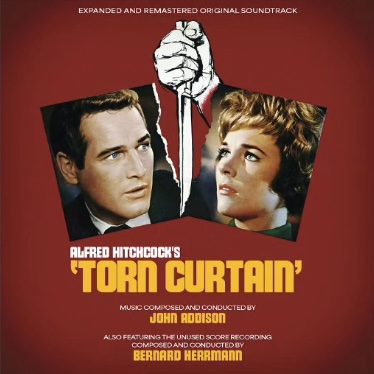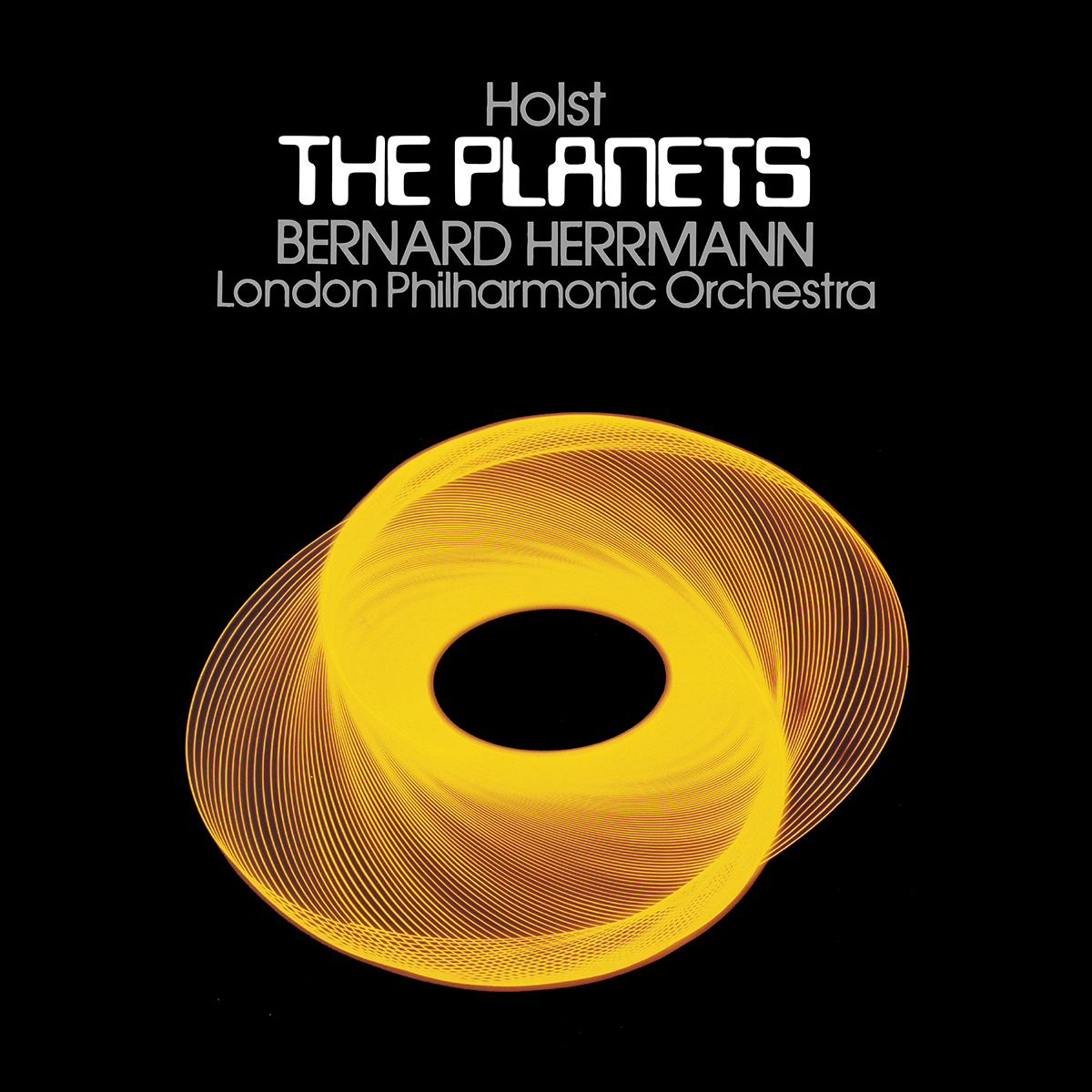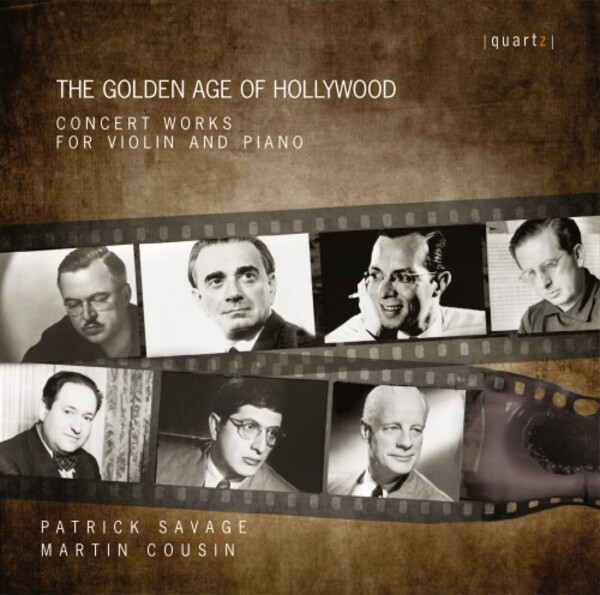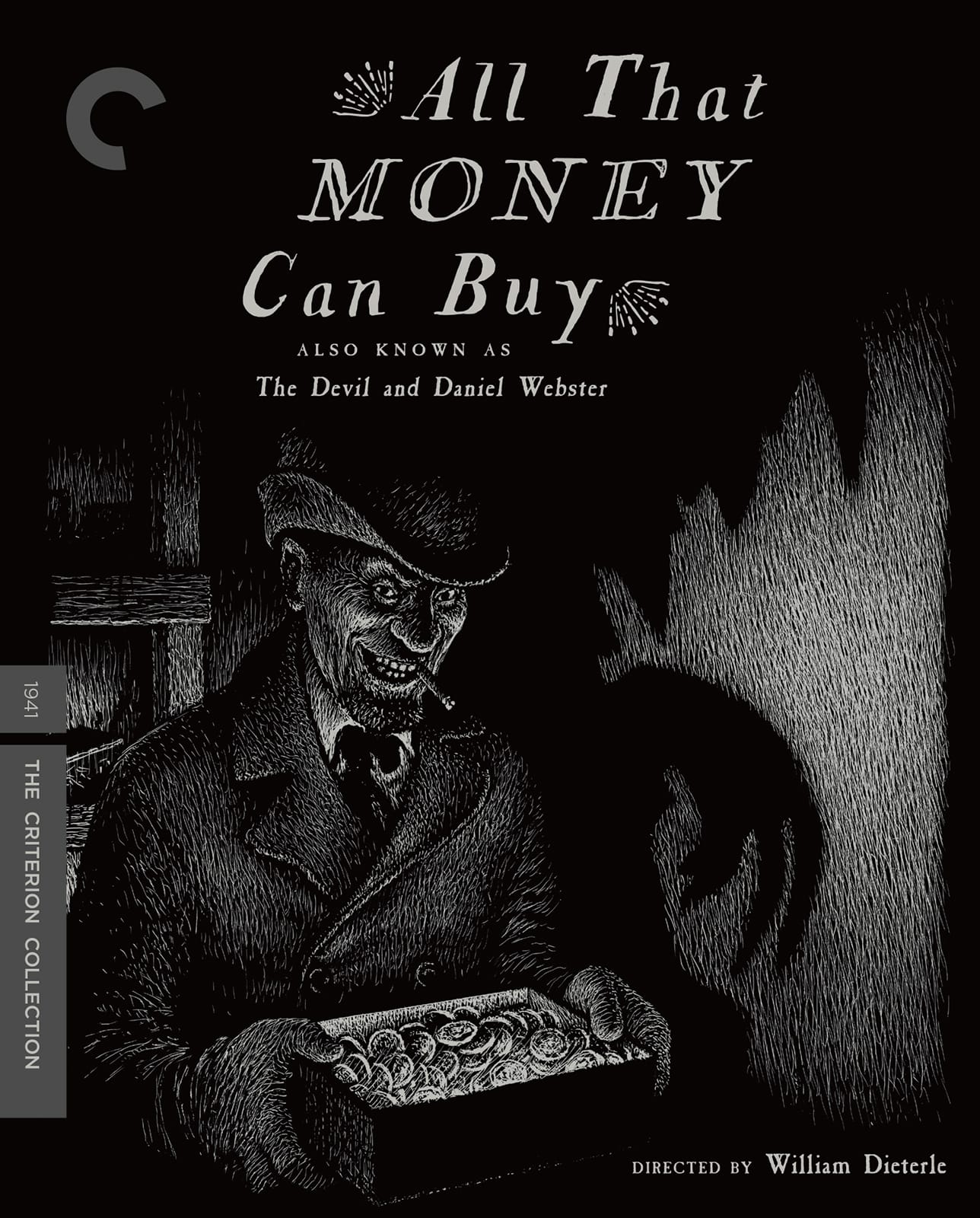The Recording Herrmann

Barking Assembly Hall, Barking Broadway
The acoustics of the former Assembly Hall were legendary and it was recording engineer Bob Auger’s favourite recording venue and often used by Herrmann.
Nowadays the Assembly Hall is better known as “The Broadway” and during a 2004 refurbishment the façade, entrance and auditorium were modernized.
- Recordings made at Barking Assembly Hall:
- Wuthering Heights (1966)
- String Quartet: “Echoes” (1966)
- Moby Dick (1967)
- Welles Raises Kane (1967)
- The Devil and Daniel Webster (1967)
- Battle of Neretva (1969)
- Joachim Raff: Symphony 5 “Lenore” (1970)
- Night Digger (1971)
- Psycho (1975)

Decca Studios, 165 Broadhurst Gardens
Just around the corner of the West Hampstead underground station are the former Decca studios. During the 60ies and 70ies countless pop music and occasional classical recordings were made there. They were only second in importance to EMI’s Abbey Road studios just a mile away. The studios now belong to the English National Opera who use them for rehearsals.
- Recordings made at Decca Studio No. 3:
- Music from the Great Movie Thrillers (1968)
- Music from the Great Film Classics (1970)
- The Four Faces of Jazz (1971)
- Eric Satie and His Friend Darius Milhaud (1972)

Kingsway Hall, 75 Kingsway
Kingsway Hall was the home of the West London Mission of the Methodist Church. It became one the leading classical recording venues in London. Countless great recordings were made there from 1926 to 1984. After that the Hall was left to deteriorate and it was demolished in 1998. The site is now occupied by the Kingsway Hall Hotel. The old entrance on Kingsway is now a sandwich bar.
- Recordings made at Kingsway Hall:
- Great Tone Poems (1969)
- The Impressionists (1970)
- Gustav Holst: The Planets (1970)
- Charles Ives: Symphony (1072)
- The Fantasy Film World of Bernard Herrmann (1973)
- Citizen Kane – The Classic Film Scores of Bernard Herrmann (1974, conducted by Gerhardt)
- Music from the Great Shakespearean Films (1974)
- The Mysterious Film World of Bernard Herrmann (1975)
- Great British Film Music (1975)

Church of St. Giles, Cripplegate – Barbican Centre
The church at the old London wall sits in the middle of the Barbican Arts and Conference Centre, adjacent to Museum of London. The church was a very popular place for Herrmann in his later years and he especially admired the organ.
- Recordings made at St. Giles:
- It’s Alive (1973)
- Symphony (1974)
- Clarinet Quintet (1974)
- Obsession (1975)
- A Musical Garland of the Seasons (1975)

Walthamstow Assembly Hall, Forest Road, Walthamstow
The Lyrita Company mainly used either Kingsway Hall or Walthamstow Assembly Hall for their recordings. The Hall is renowned for its acoustics only rivalled in the Greater London area by the Watford Town Hall.
- Recordings made at Walthamstow Assembly Hall:
- Cyril Scott: Piano Concertos 1 & 2, Early One Morning (1974)

Temple Church, Inner Temple
The temple was founded by the Knights Templar, since the fourteenth century the Temple has been a centre for lawyers. It now houses the Inner Temple and the Middle Temple, two of the Inns of Court. The Temple Church is one of London’s oldest buildings. It was consecrated in 1185 by the Patriarch of Jerusalem.
Sir John Barbirolli, a personal friend of Bernard Herrmann, wanted to conduct a recording of Vaughan Williams’ Tallis Fantasia. Herrmann insisted that “it must be done in a stone building not a studio”. So Herrmann suggested the Temple Church. The recording session was started at midnight to avoid traffic noise. According to Ursula Vaughan Williams (the composers widow): “Coats and bags and thermos flasks were piled round the effigies of Crusader Knights. Benny was there, listening to the balance, listening to the music, and the resulting record is by far the best ever made of the work.”
- Recordings made at Temple Church:
- Ralph Vaughan Williams: Fantasia on a Theme by Thomas Tallis (1962, conducted by Sir John Barbirolli)






![The Man Who Knew Too Much – 4K restoration / Blu-ray [A]](../../../wp-content/uploads/2023/11/TMWKTM-4K.jpg)
![The Bride Wore Black / Blu-ray [B]](../../../wp-content/uploads/2023/07/BrideWoreBlack.jpg)
![Alfred Hitchcock Classics Collection / Blu-ray [A,B]](../../../wp-content/uploads/2020/07/AHClassics1.jpg)
![Endless Night (US Blu-ray) / Blu-ray [A]](../../../wp-content/uploads/2020/03/EndlessNightUS.jpg)
![Endless Night (UK Blu-ray) / Blu-ray [B]](../../../wp-content/uploads/2019/12/ENightBluRay.jpg)




